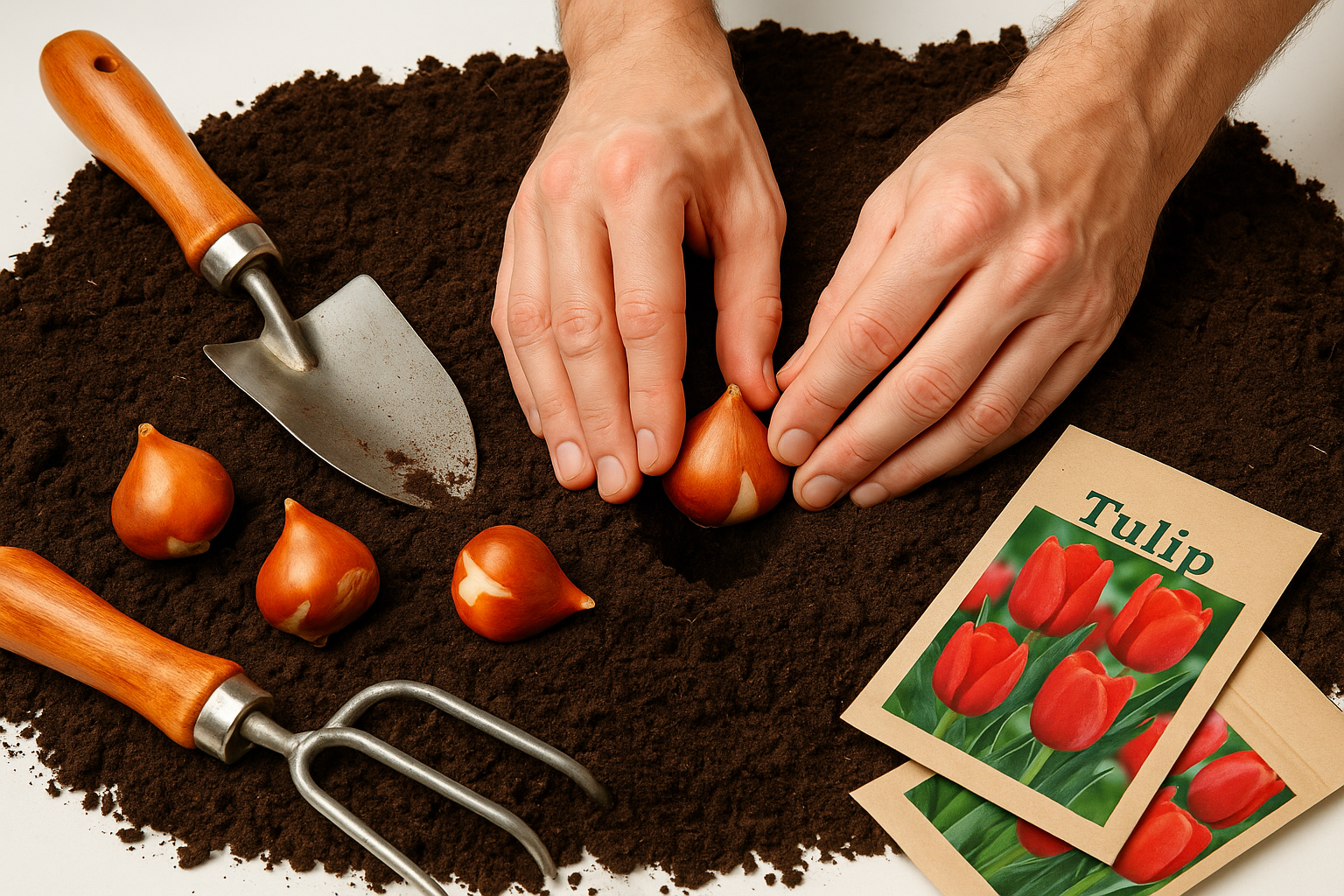Michigan Gardening Secrets Every Green Thumb Needs Now
If you're eager to transform your Michigan garden into a lush paradise, now is the time to discover the secrets that can make your green thumb even greener, and you can browse options to enhance your gardening game with ease.

Understanding Michigan's Unique Gardening Climate
Michigan's diverse climate poses both challenges and opportunities for gardeners. The state is split into two primary USDA hardiness zones, 4 and 5, which means understanding the local weather patterns is crucial for successful gardening. With cold winters and warm summers, the growing season can vary significantly across the state. To maximize your garden’s potential, it's important to select plants that thrive in these specific conditions. Native plants such as the Black-eyed Susan and the Eastern Redbud are excellent choices as they are well-adapted to Michigan's climate and require minimal maintenance1.
Soil Quality and Preparation
The quality of your soil is a critical factor in gardening success. Michigan's soil types range from sandy in the western regions to clay-heavy in the southeast. Conducting a soil test is a wise first step to understand its pH level and nutrient content. You can obtain soil testing kits from local agricultural extensions or visit websites offering these services. Amending your soil with organic matter such as compost can improve its structure and fertility, ensuring your plants have the nutrients they need to thrive2.
Seasonal Planting Strategies
Timing is everything in gardening. In Michigan, the last frost typically occurs in mid-May, making late spring the ideal time to plant most annuals and vegetables. However, cool-season crops like lettuce and peas can be planted earlier in the season. Fall gardening is also an option, with crops like kale and Brussels sprouts thriving in cooler temperatures. By following the options for seasonal planting, you can extend your harvest and enjoy fresh produce well into the fall3.
Watering Techniques and Conservation
Efficient watering is crucial, especially during Michigan's dry summer months. Drip irrigation systems can be a game-changer, offering a sustainable way to ensure your plants receive the right amount of water without waste. Mulching is another effective technique, helping to retain soil moisture and suppress weeds. By implementing these solutions, you can conserve water and reduce your garden's environmental impact4.
Pest Management and Natural Solutions
Michigan gardens are susceptible to various pests, from aphids to deer. Integrated Pest Management (IPM) is a holistic approach that combines cultural, physical, and biological controls to manage pest populations sustainably. Encouraging beneficial insects like ladybugs and using natural repellents can help maintain a healthy balance in your garden. For more specialized solutions, see these options for pest control that align with eco-friendly practices5.
Michigan gardening offers a wealth of opportunities to cultivate a vibrant and productive garden. By understanding the local climate, preparing your soil, timing your planting, conserving water, and managing pests naturally, you can enjoy the fruits of your labor throughout the growing season. As you explore these gardening secrets, remember that numerous resources and specialized services are available to help you achieve your gardening goals.